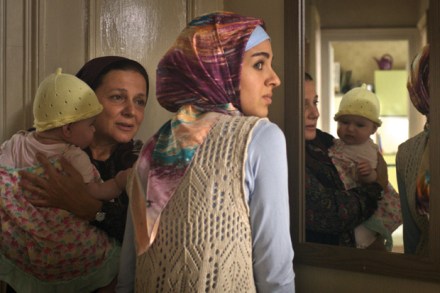Fish oil, exercise and no wild parties
My lifelong friend, dear heart, these days you’re losing the plot: you’re a fish in a bucket, open-mouthed, flopping about in a panic, bereft of your sheen, all confidence gone. Examined in action on a black and white screen, every movement recorded, you’re haplessly tethered, chaotically jumping, locked into a pulse of your own. Tracked by the inks on that turning drum we see what will come if that spidery record persists Slow down then, no coffee, resist the enticement of alcohol, not even a thimbleful and I will net you, my flailing fish, land you without a splash into calm waters, weaving upstream, steady and breathing. Till the hook’s












